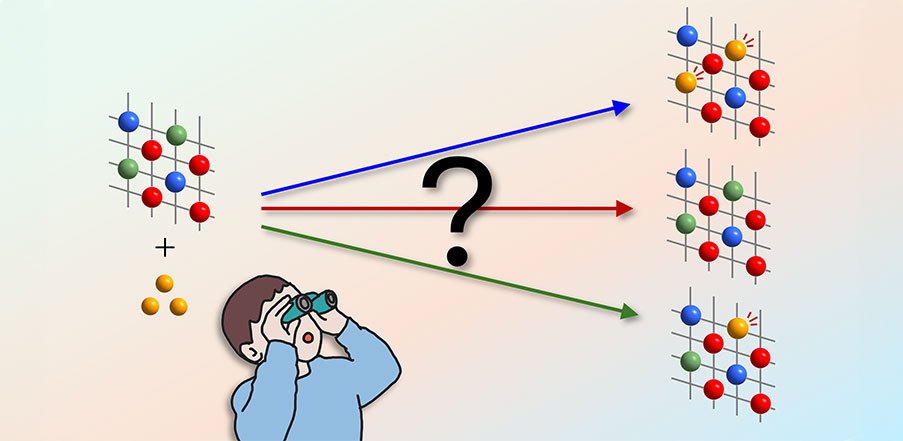Nanopore sequence analysis can now be done more than 30 times faster, providing quicker and better specialised treatments for patients with cancer and other diseases.
A new computer file format which helps process DNA samples 30 times faster than existing systems has been developed by teams at UNSW Sydney and the Garvan Institute of Medical Research.
The SLOW5 format has been specifically designed to more efficiently analyse nanopore sequences, which provide a more complete view of genetic variations.
The improved efficiency not only helps medical experts analyse individual DNA samples much more quickly and provide faster and better healthcare to patients, but also allows more sampling in any given period.
The research behind the development has been published in Nature Biotechnology, but the software has already been made available through open source and has been








